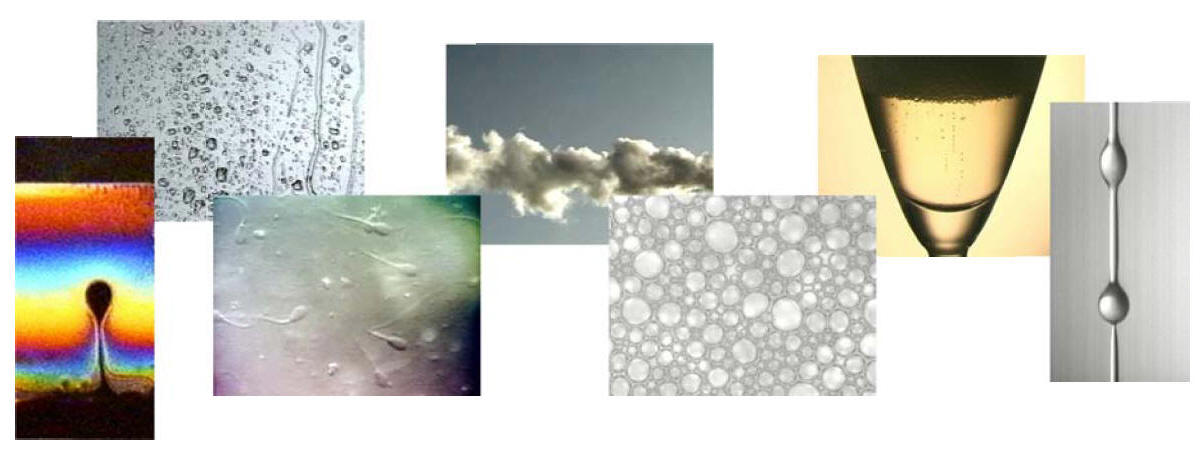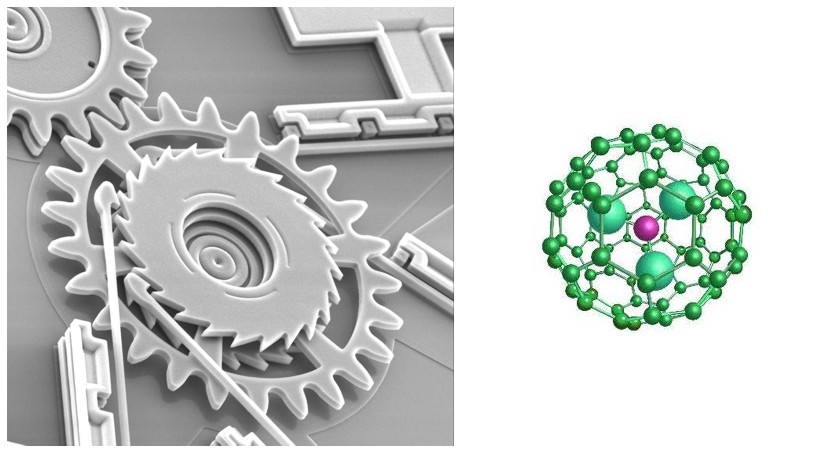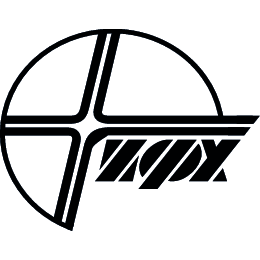Teaching
![]() "Colloidal Systems" (PDF)
"Colloidal Systems" (PDF)

Lector:
Seminar assistant:
General Policy:
Students are expected to attend lectures and seminars which is the standard forum for class communication. Class absence is not an excuse for being unaware of course announcements. If you are absent, please see the course web page for lecture and seminar materials. The lector is in no way responsible for providing additional consultations due to student's absence.Homework:
Homework problems will be assigned regularly during lectures and seminars. Each problem must be completed before a next seminar, where it can be checked by seminar assistants. Point deductions will occur for unclear presentation. Late homework receives no credit. Student collaboration on the homeworks is encouraged, however, you must write up and submit your own solutions. Note that students are expected to work out all problems as they are an integral part of the learning experience. Some of the homework problems might appear on the tests and the exam.Grading Scheme:
Your course semester grade is based on your in class grade total percentage. Your class grade total percentage is given by 40% seminar and homework, 25% first test and 35% second test. For example, 4 (seminar and homework) + 5 (first test) + 5 (second test) will give 4*0.4+5*0.25+5*0.35=4.6~5. Or, 3 (seminar and homework) + 5 (first test) + 5 (second test) will give 3*0.4+5*0.25+5*0.35=4.2~4. Students with the class grade 5 may get a final course grade without a final exam, but only upon the recommendation of seminar assistants. However, if your class grade is below 5 or if you like to improve your semester grade, then the final score will be evaluated at the final exam. Attendance will be taken at each seminar (but normally not at lectures), but it will be only used if your grade is on the border line between two different grades (e.g. 3.5 or 4.5).Tests:
There are 2 tests in addition to the final exam. They are open-book, open notes, 2-hour, in-class tests. Note that open book tests are not easy tests. They teach you how to find information when you need it, and how to use this information to solve a particular problem. The questions are designed to teach you how to use your brain. And contrary to popular belief, you do not get off the hook when it comes to studying for an open book test. You just need to study a little differently. The questions on an open book test will ask you to explain, evaluate, or compare things from your text. For instance:- Test 1 [PDF]
- Test 2 [PDF]
The answer to test questions will not appear in a single paragraph in your lecture materials - or even on a single slide. The questions require you to have an understanding of the entire block or several blocks of the course.
Final Exam:
Final will be held according to the official final exam schedule. It will be of the same format (open-book) as the in-class tests, but normally without solving theoretical problems.Rules on resits:
In case students failed to perform to the required standard first time, they are allowed to take a resit. The repeating an examination will be closed-book, closed notes, 50-minute, in-class. One-page (A4 format, both sides) formula sheet of your own creation is allowed. We are normally imposing "bans" on demanding that an examination is taken again to obtain higher marks.![]() "Theoretical foundations of micro-nanoflows in electric field" (PDF)
"Theoretical foundations of micro-nanoflows in electric field" (PDF)
Lector:
Classes will be held every week (Thursdays 5pm-6:30pm) and will include seminars and lectures. Basic prior knowledge of calculus, linear algebra and differential equations will benefit your understanding greatly. Both graduate and undergraduate students are welcome to attend!
Lecture notes and classes
Lecture 1 Lecture 2,3 Lecture 4 Lecture 5 Lecture 7Lecture 8
Lecture 9
![]() "Fundamentals of nanotechnologies"
"Fundamentals of nanotechnologies"


